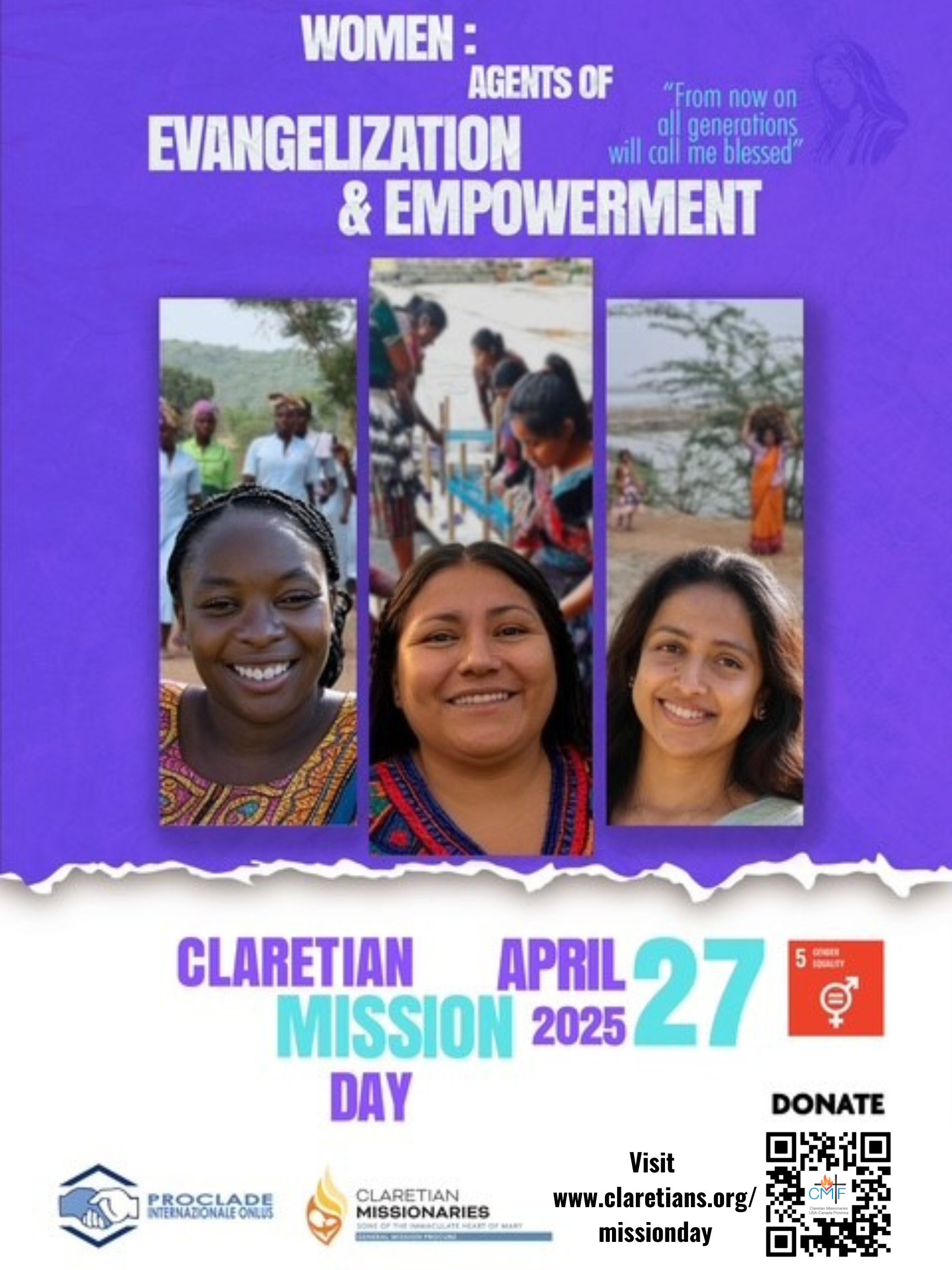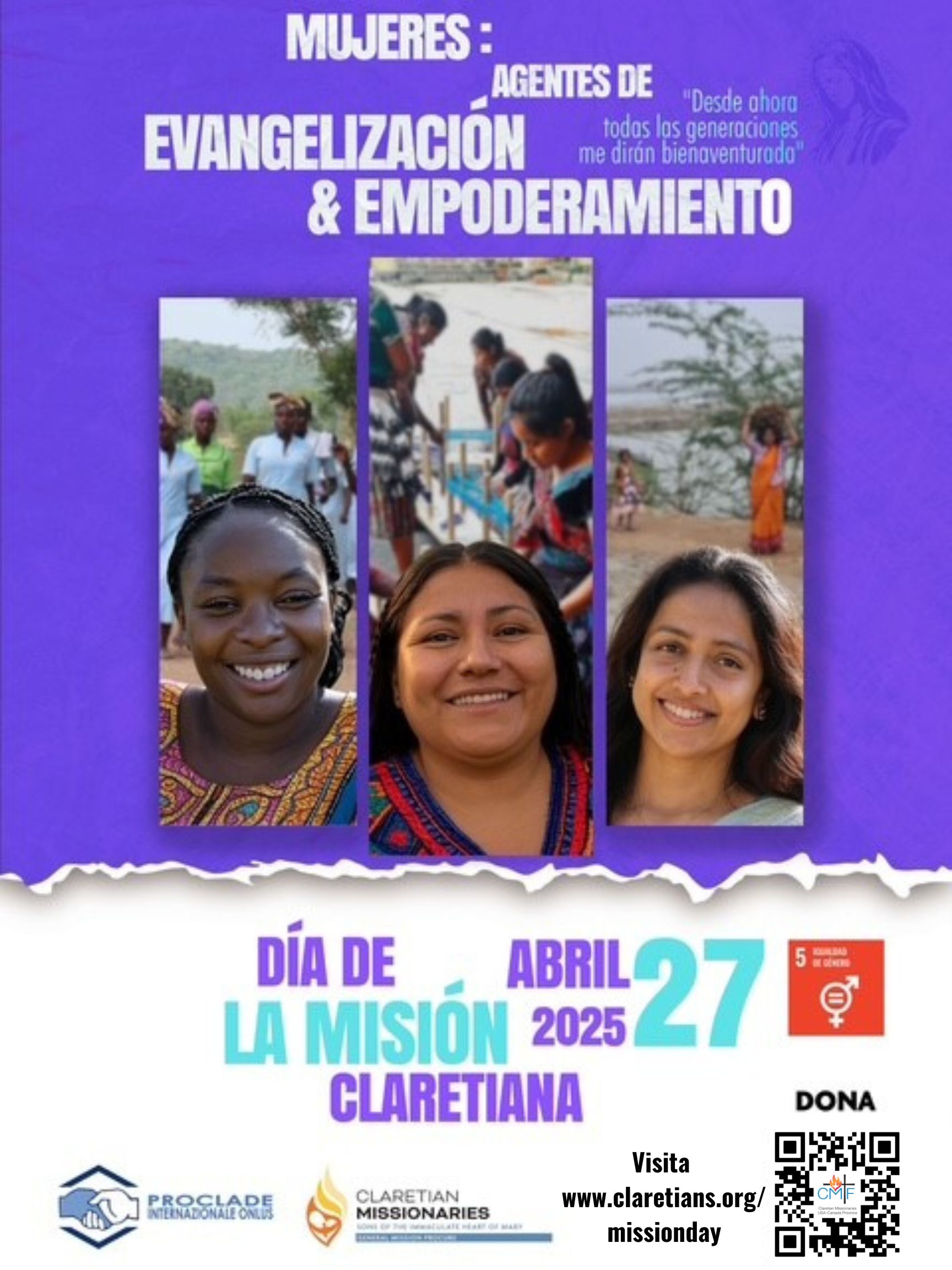Some may see it as an echo of the fading church of the 1960s, others may see it as a sign of the strength of the church's left wing. However you see it, the American Catholic Council opening this weekend in Detroit, gathering some 1,800 people from across the country, looks to be interesting.
It's interesting first in its model: The organizing group has been encouraging "listening sessions" in various areas of the country to gather the concerns of Catholics. They seem to think (please make sure you are seated) that the Holy Spirit may be speaking in the hopes and desires of the baptized.
It's also interesting in its product: The council is proposing a Catholic Bill of Rights and Responsibilities. Sound too American? Well, none other than Pope Paul VI proposed just such a thing–a basic law or constitution–for the church to be included in the revision of canon law. Pope John Paul II scrapped the idea, though its contents survive in canons 208-231.
I can hear already the protest that the church is not a democracy, to which I give my pat response that neither is it an empire, a monarchy, an oligarchy, or a dictatorship, though it in many ways is currently mirroring those forms of human government in various ways. I would also argue that from its foundation the church is profoundly democratic, and its history is full of examples in which the "fundamental equality of the baptized" (that's from canon law and Lumen gentium) was exercised in things like the selection of bishops, the governance of religious communities, and church councils.
The archdiocese of Detroit is the unwilling host of this gathering and has issued a list of questions and answers about everything wrong with the council. Conservative Catholics are staging a counter-conference outside Detroit to explain why the American Catholic Council folks are wrong. No doubt several "banned topics" are likely to come up there, including the admission of married men and women to orders, and the inclusion of lesbian, gay, bisexual, and transgender people in the life of the church. Also just as likely to surface are issues such as good diocesan governance, financial transparency, and true lay participation in the administration of the church.
I'm sure that the council isn't perfect and is intentionally weighted toward the liberal side of things. At the same time, being a guy that likes good conversation and who would like to see some movement on many of these issues, I'll be saying a prayer to the Holy Spirit for those gathered in Detroit.








